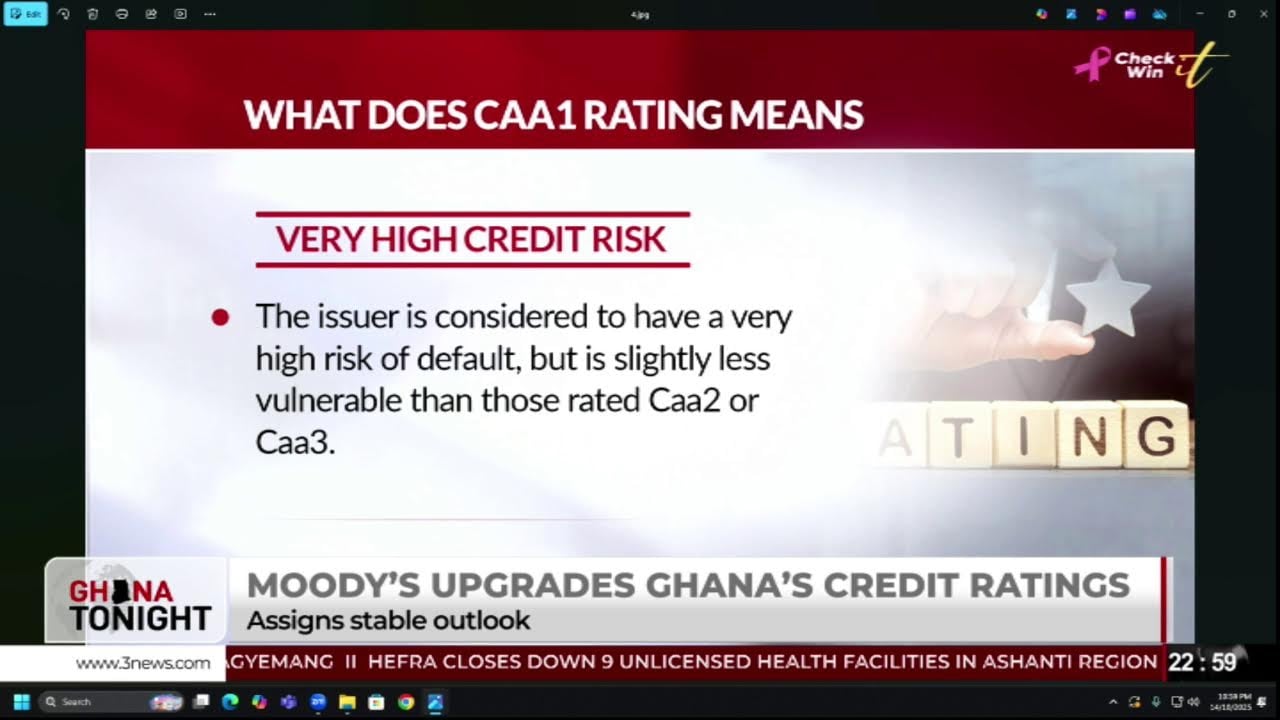
By Benjamin ABIEMO
Most people imagine that robust technology and strong systems are the main barriers standing between their money and cybercriminals. In reality, the greatest risk to your security often lies in your own daily habits. Cybercriminals are not just targeting complex systems. Increasingly, they are focusing on individuals, exploiting predictable routines and small lapses in judgement.
Banks such as Absa Bank Ghana invest extensively in security systems. However, no amount of technology can protect against habits that leave personal information exposed. If you believe you are too smart to fall victim, you may already be at greater risk from the latest tactics employed by fraudsters.
In this series, we are examining some of the most common digital habits that make people vulnerable when banking online, and how you can avoid them. Previously, we discussed the risks of ignoring security updates on your devices, relying on browser-saved passwords, and overlooking bank alerts and security notifications. In this final instalment, we highlight three more digital habits that could expose even the most careful customer to unnecessary risk, and how you can address them.
Digital Habit #7: Allowing Unnecessary Access to Apps and Services
Many people download new apps or sign up for online services without thinking twice about the permissions they grant. In the rush to get started, it is easy to allow apps access to your contacts, messages, photos, location, and even your banking information. While certain permissions are essential for an app’s functionality, granting excessive access can expose you to significant privacy and security risks.
Cybercriminals and rogue app developers may exploit these permissions to gather personal information, monitor your activity, or even access sensitive financial data. Some apps request far more access than they need, collecting data that can be used for targeted scams or sold on to third parties. In some cases, malicious software may use these permissions to install malware, intercept messages, or capture login credentials, often without your knowledge.
The best defence is to be selective and intentional about the apps and services you use. Before installing any app, check its permissions and consider whether the access it requests is truly necessary for its main features. Regularly review the permissions of apps already on your phone or device and disable any that seem excessive or irrelevant. Be wary of apps from unknown developers or those with poor reviews, as these are more likely to contain hidden risks.
Avoid using your social media or email accounts to sign in to multiple unrelated services. While single sign-on can be convenient, it increases the risk that one compromised account could lead to wider exposure.
Protecting your privacy and your finances requires vigilance at every stage. Limiting unnecessary app permissions and carefully managing access to your information helps reduce your vulnerability and strengthens your overall security online.
Digital Habit #8: Oversharing Personal Information Online
Social media platforms have become an integral part of everyday life, offering an easy way to stay connected with friends, family, and colleagues. However, sharing too much personal information online can expose you to significant cyber risks. Every post, photo, or comment that reveals details about your life creates opportunities for cybercriminals to target you.
Fraudsters often use information from social media profiles (such as your pet’s name or your birthdate) to guess passwords, answer security questions, or create convincing scams. Details such as your birthday, place of birth, favourite sports team, or even the names of your family members can be pieced together to compromise your security. In some cases, criminals craft personalised messages or impersonate trusted individuals, increasing the likelihood that you will fall for a scam.
Beyond passwords, scammers also exploit publicly available information to trick people into sending money or revealing sensitive details. A common tactic is to impersonate a relative, a bank official, or a colleague in need, using what they have learned from your online presence to appear credible.
The best way to protect yourself is to be intentional about what you share. Avoid posting sensitive information such as your full date of birth, travel plans, or financial achievements. Adjust your privacy settings to limit who can see your posts and be cautious when accepting friend requests from people you do not know personally. Be wary of online quizzes or challenges that ask for details commonly used in security questions, such as your first pet’s name or your childhood street.
Before you post, ask yourself whether you are giving away information that could be used against you. In the digital world, less truly is more when it comes to sharing personal details.
Digital Habit #9: Not Reporting Suspicious Activity Promptly
Many people hesitate to report suspicious activity on their bank accounts or digital platforms. They may wait until they are certain something is wrong or hoping the issue will resolve itself. However, delays in reporting even minor anomalies or unfamiliar transactions can give fraudsters the opportunity to escalate their schemes or move funds out of reach.
Cybercriminals often count on people ignoring early warning signs. Whether it is a small, unexplained transaction, a notification about a new device, or a suspicious message, any unusual activity should be treated as a potential threat. The sooner you act, the better your chances of preventing loss and helping your bank to intervene before more serious damage is done.
If you notice anything suspicious on your Absa Bank Ghana account, contact the bank immediately through its official channels. You can reach the 24/7 Contact Centre on 233 30 242 9150 or call the toll-free number (MTN & Telecel only) on 0800 222 333. Details such as transaction times, amounts, and any messages or calls you have received will help the bank investigate and take prompt action.
Your vigilance can help prevent further fraud and reduce the risk for all customers.
Building Stronger Digital Habits Together
If you have recognised any of your own behaviours in this series, do not be disheartened; cybercriminals rely on the fact that these habits are common, easy to overlook, and often dismissed as harmless. Yet, the choices you make every day have a significant impact on your financial security. Even small changes to your digital habits can significantly reduce your risk and strengthen your financial security.
At Absa Bank Ghana, we are committed to providing secure digital banking solutions and supporting you with the knowledge and tools you need to protect yourself. However, true digital security is not only about advanced technology or what your bank does behind the scenes. It is about developing everyday habits that keep you one step ahead of those who would do you harm. Strengthen your passwords, stay alert to phishing scams, limit app permissions, update your software, and promptly report any suspicious activity.
Together, we can change the story and make digital banking safer for all.
Benjamin is the Head, Cyber Security Management, Absa Bank Ghana LTD
The post Digital habits: The overlooked key to secure banking (3) appeared first on The Business & Financial Times.
Read Full Story
























Facebook
Twitter
Pinterest
Instagram
Google+
YouTube
LinkedIn
RSS